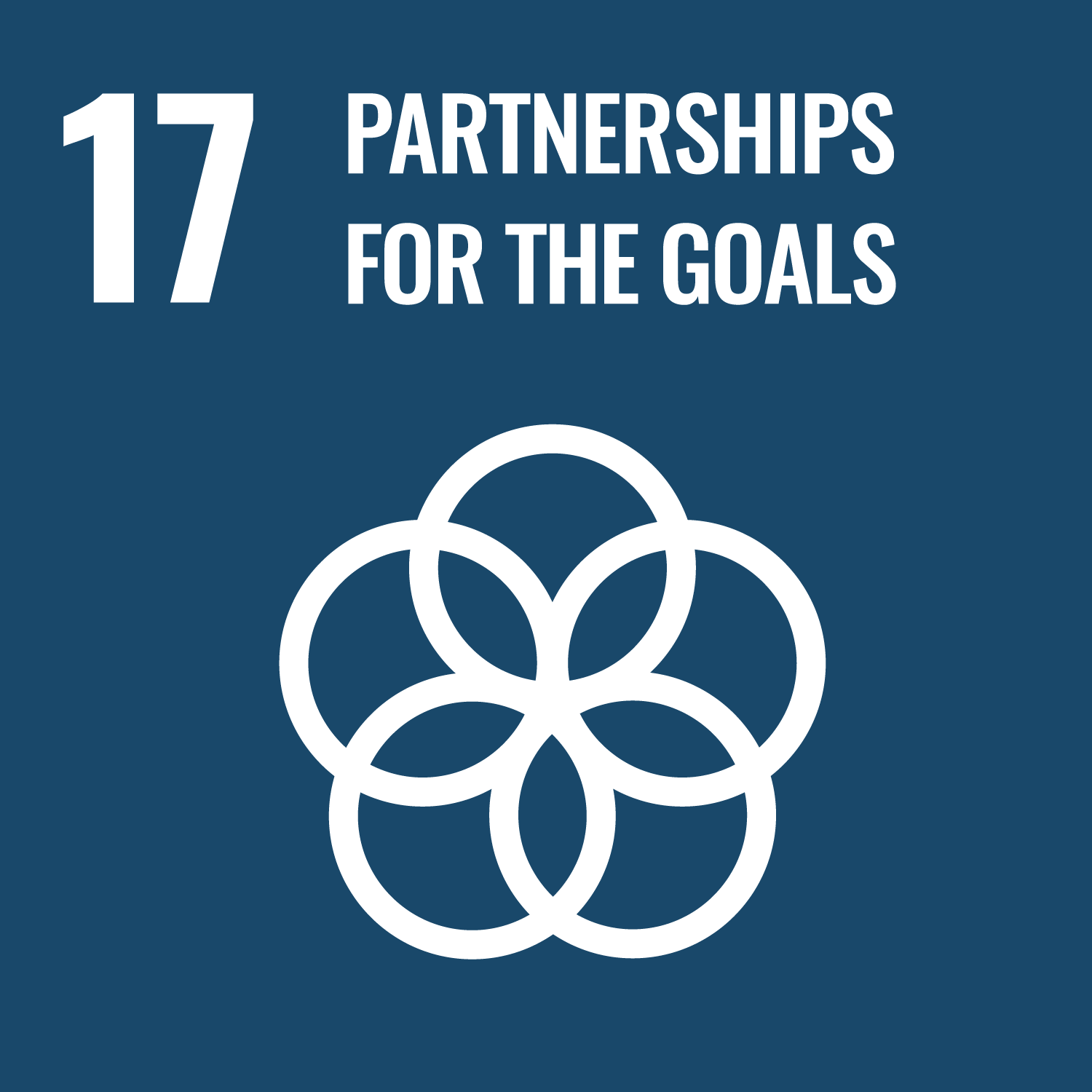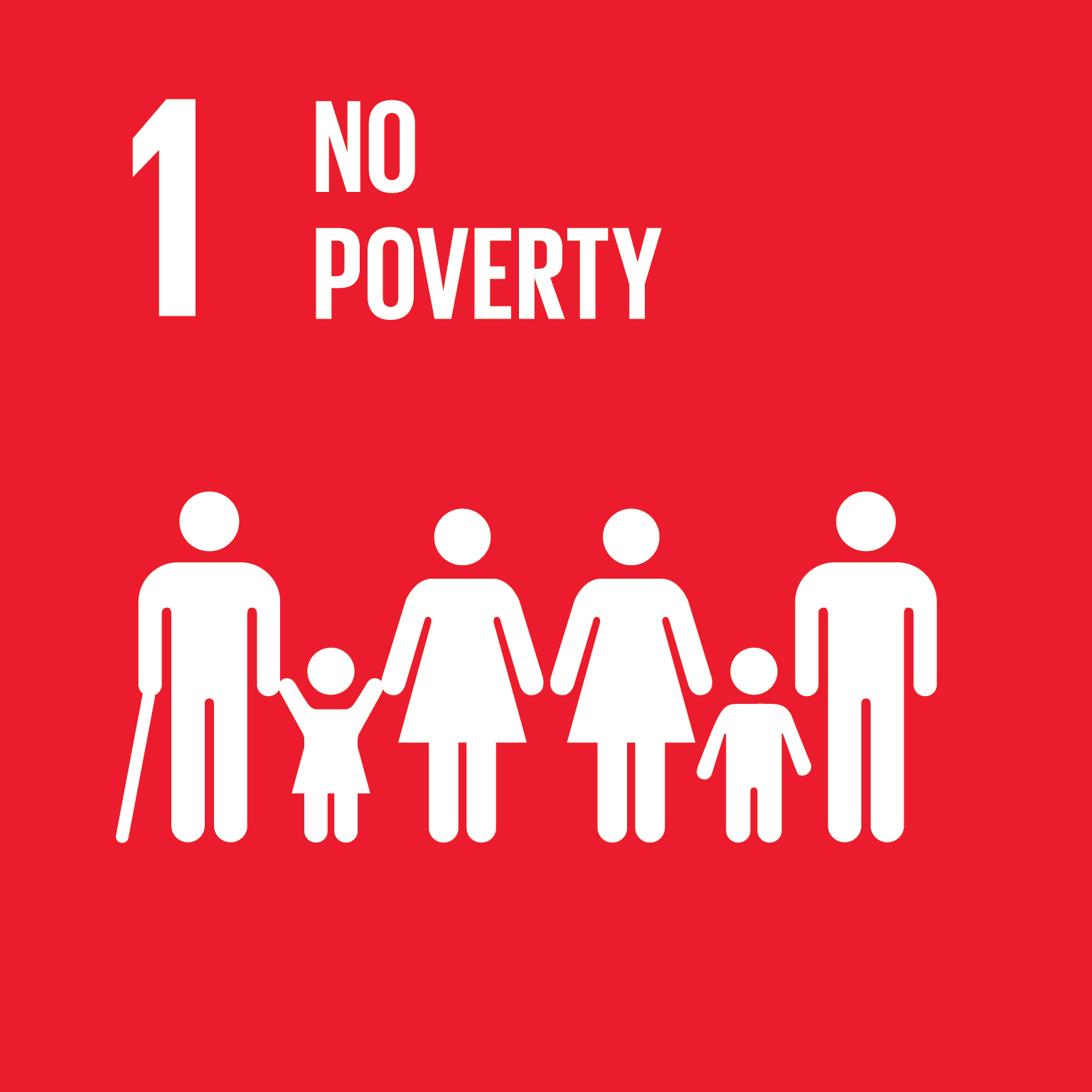Establishing an Organic Certification System in the Caribbean
Reducing the use of chemicals in fertilization and pest management in food production to improve the health of consumers
Challenges
A growing organic movement exists in Barbados to reduce the use of agrochemicals, such as synthetic fertilizers, pesticides and growth hormones in food production. The movement is increasing public awareness of how industrial agriculture contributes to pollution of the groundwater supply and the marine environment.
In 2004, through the Barbados National Standards Institute (BNSI), Barbados adopted organic standards based on the Food and Agriculture Organization’s CODEX Alimentarius guidelines for organic farming. However, no system to deliver this standard had been developed and there was no established methodology to inspect or certify these products as organic. The leading organic agricultural association in Barbados, the Organic Growers and Consumers Association (OGCA), had no tangible way to verify that growers’ practices met the standard and merited recognition. The situation was compounded by the lack of a credible, sufficiently independent entity responsible for conducting inspections and awarding organic certification to existing organic growers and farmers who wanted to convert to organic agriculture.
Towards a Solution
In 2014, OGCA received support from the Global Environment Facility’s Small Grants Programme (GEF SGP) to develop and implement a national organic inspection and certification system. The project primarily targeted members of the association by building their capacity to facilitate the certification process and meet the requirements for organic certification. OGCA saw an opportunity for regional cooperation by learning from Jamaica’s experience in organic farming, as it had already trained inspectors. OCGA wanted to build and maintain a Caribbean network to develop local and regional capacity towards a regional organic protocol.
The objective of the exchange between Barbados and Jamaica was to implement a national organic inspection and certification system in Barbados, based on the experience of the Jamaica Organic Association Movement (JOAM) in implementing their own certification scheme. As part of its support to OCGA, JOAM reached out to connect the Barbadian NGO with the International Organic Inspectors Association (IOIA). IOIA works to address issues and concerns relevant to organic inspectors, provides training, and promotes consistency and integrity in the organic certification process. That organization provided an internationally certified training programme to prospective organic inspectors in Barbados.
The exchange between the Jamaica Organic Association Movement and OCGA helped Barbados speed up its processes by learning from JOAM’s years of experience in undertaking a certification process and meeting the international standard for certification requirements.
JOAM also put OCGA in touch with the Grenada Organic Agriculture Movement (GOAM), which extended the South-South collaboration to Grenada. GOAM members were able to participate in the training of future inspectors in Barbados, with support from GEF SGP.
As a result, with support from JOAM and the IOIA, OCGA facilitated the training of prospective organic inspectors, educated farmers on organic farming, and developed monitoring and reporting systems for the certification process. Fourteen candidates were identified as suitable for receiving inspector training – one woman from BNSI, a group of three men and one woman from GOAM, one chemist from Antigua, one Barbadian female trainer of youth in agriculture and horticulture, five organic farmers (including two women), one representative from the Barbados Ministry of Agriculture and one representative from the Inter-American Institute for Cooperation in Agriculture. OGCA and these trainees signed a MoU for future service arrangements.
An additional 22 organic farmers were trained in data collection and farm recordkeeping using available information technology and project management tools. As part of the project activity, the farmers were introduced to and taught how to use an app called Farmlogs to facilitate electronic record-keeping. A training video was developed, including modules on principles of organic farming, organic seedling production, the nature and properties of soil, soil fertility management, organic pest and disease management, water management, and organic farm certification. To establish legitimacy and commercialize the certified organic brand, as well as to encourage more growers to participate in organic farming, organic farm inspection reports were completed and submitted to BNSI. The benefits reported by farmers were improved farm management and recordkeeping. In several cases, farmers who did not keep records are now able to do so and in an electronic format.
The project now enjoys full support from the Government of Barbados, with technical and financial resources to operationalize the certification process. The training of government officers in organic farm inspection further demonstrates the Government’s commitment. OGCA now has a fully operational certification process in place to ensure genuine organic food production for consumers.
One of the benefits of the exchange is that in the future OCGA can arrange for Barbadian inspectors to conduct inspections in Grenada and vice versa. In addition, the availability of certified organic inspectors in the eastern Caribbean will significantly reduce the cost of certification to farmers and generate income opportunities for the inspectors. Three Grenadians have been certified as organic inspectors under this project, which is expected to be replicated in Grenada in the coming years.
This organic certification process in Barbados contributes directly to SDG 12 by drastically reducing the use of chemicals in fertilizing and pest management in food production and improving consumers’ health. Farmers who receive organic certification will also benefit from improved produce and income from the higher prices that organic products bring in the market.
Based on its role in establishing this certification process, OGCA was identified as a key stakeholder in helping to revise the National Physical Development Plan, Barbados’ national sustainable development and growth framework. OGCA expects that as many as five farms will be inspected in the upcoming first inspection cycle and will receive provisional certification in 2017.
Contact Information
Mr. David Bynoe, National Coordinator, Barbados, Global Environment Facility (GEF) Small Grants Programme (SGP)
Countries involved
Barbados, Grenada, Jamaica
Nominated By
China Institute for South-South Cooperation in Agriculture (CISSCA)
Supported By
GEF Small Grants Programme (SGP)
Implementing Entities
GEF Small Grants Programme, Organic Growers and Consumers Association
Project Status
Completed
Project Period
9/2014 - 2020
Sectors
Agriculture, Food and Rural Development
URL of the practice
https://bit.ly/2GRxLTuPrimary SDG
02 - Zero Hunger
Secondary SDGs
01 - No Poverty, 08 - Decent Work and Economic Growth, 12 - Responsible Consumption and Production, 13 - Climate Action, 15 - Life on Land, 17 - Partnerships for the Goals
Primary SDG Targets
2.3 2.4 2.aSimilar Solutions











